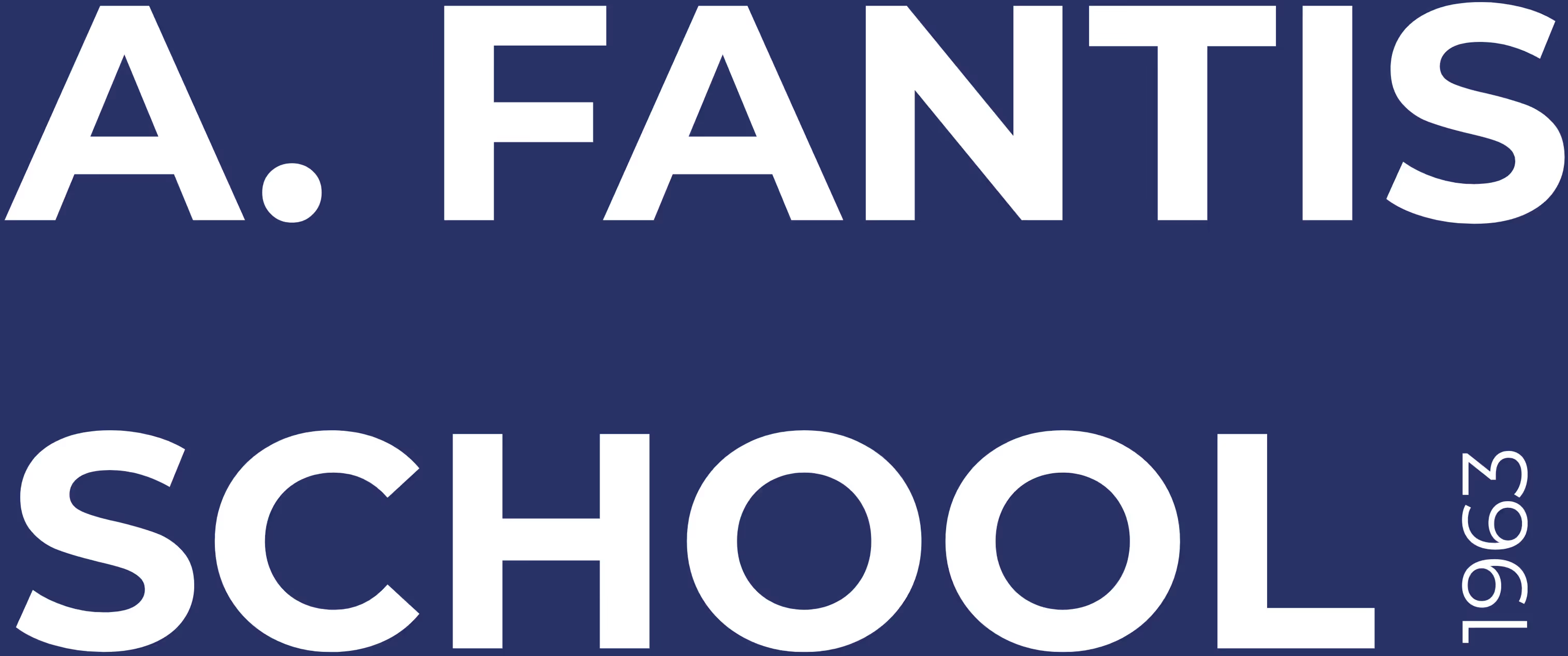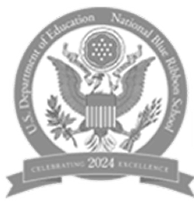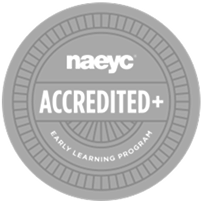.png)
Academics
A. Fantis Ranks Top 3% of NYC Schools 2022


The teaching staff at A. Fantis have proven themselves to be exceptional in all that they do. We have been encouraged to discuss our children's performance...Each staff member that I have had the pleasure of working with has impressed me significantly.

Student achievement on NY state exams ranks A. Fantis near the top of 1,300+ NYC schools
By A. Fantis Principal, Theodore Tasoulas
The results are in and A. Fantis School is one of the best schools in all of New York City! The 2022 student achievement results show that Fantis ranks in the top 3% of more than 1,300 elementary and middle schools in New York City.
A. Fantis School is a small, private and inclusive Greek school founded by Saints Constantine and Helen Greek Orthodox Cathedral and serving PK3 to eighth-grade students for nearly 60 years in Brooklyn Heights. We are thrilled that our students showed continued success and growth in spite of the pandemic’s challenges. In addition, we equally proud that our students’ academic achievement saw an increase of nearly 20% since the beginning of the pandemic.
WHAT MAKES A TOP PERFORMING ELEMENTARY AND MIDDLE SCHOOL?
Measuring success is a key ingredient to building continued progress in our school. Every year A. Fantis students in grades 3-8 take the NYS exams in English and Math. State exam results provide annual anchor points that track overall school performance across the years and in the broader context of NYC. The results are used in conjunction with other benchmarks our faculty employ over the school year for K-8 students in the core subjects. Since these exams are optional, they do not occupy much instructional time but provide a wealth of information. While some schools rely on daily test prep and “drill and kill” strategies to improve scores, our approach focuses on:
- Empowering the whole child using the latest innovations
- Supporting and training high-quality educators
- Small class sizes for individualized attention
- Rigorous, inspiring, and cohesive curriculum
BLENDING TRADITION WITH THE LATEST INNOVATION
One of our core values is Paideia, which is the philosophy of attending to each child’s intellectual, social, physical, and moral refinement while using a blend of mostly intellectual coaching complemented with direct instruction and the Socratic method. Invented in Ancient Greece, this approach has been somewhat, though not fully, revived under the term “whole child education.” Our commitment to paideia means that students cannot spend all day practicing for English and Math state exams. There must be time for daily movement and play, inquiry-based learning, collaboration and play with peers, establishing a connection with God, and understanding what it means to be a good Christian. Father Evagoras, Dean of the Cathedral and Fantis Parent ‘29 & ‘31, notes “A. Fantis focuses its religious belief around two very simple concepts; that Jesus Christ is real in our children's lives, and that He loves them. Everything, including daily prayers, bi-weekly chapel services, weekly religion classes and the overall sense of faith in the School are rooted around Christ’s love for us.”
While Socrates worked with limited tools, we are fortunate to benefit from advanced educational technology and ample research on best practices for teaching and learning. Studies have shown that technology must be used properly in the classroom in order to be effective. When used strategically, however, technology can empower students and teachers to do so much more.
Remember using flashcards to memorize math facts? How about assigning students to play math-based video games for ten minutes on weeknights, where points are earned by answering questions personalized to each child’s skill level and targeting what they need to learn next. Instead of reminding children to do their homework, parents must be mindful that their child isn’t playing math video games for too long. That’s a win-win-win. Many online programs eliminate the need for hours of red-pen corrections, presenting teachers with actionable data on students’ understanding and errors. The right usage of educational technology ensures that students are engaged and learning at their own levels while teachers are freed up to do the important work of analyzing student growth to adapt classroom instruction.
Educational research in the US and more recently internationally, along with studies on cognition, neuroscience, and child development illuminate best practices in the classroom. For example, ample research shows that daily play and exercise not only improve physical health but also how it can lead to improved academic achievement. In another case, the latest trend in the US to push more direct academic instruction into preschool and kindergarten as a way to improve achievement contradicts the top-performing countries in the world, where more traditional classrooms start around 1st grade. Lastly, the latest pendulum swings in the so-called “Reading Wars” now have focused on explicit phonics instruction as opposed to “whole language.” A broader review of the research, however, shows that great readers are developed when they learn explicit letter-sound correspondences, are exposed to and engage with high-quality texts in meaningful ways, write daily for a variety of purposes, and have time each day to read books at their reading level and preferably of their own selection. These are just some of the more foundational principles that help inform what classrooms should look like. In the hands of great teachers, this information is a game changer.
GREAT TEACHERS MAKE GREAT SCHOOLS
Another key ingredient can be found across the highest-performing countries in the world—supporting quality educators in a collaborative environment. Teachers in the US spend more time on instruction than in top-tier countries, leaving less time for preparation and collaboration. Like anything else, great teaching takes time and is a group effort. Each week, A. Fantis faculty meet several times to focus on students, teaching, and learning with results that can be very impactful.
For example, last year our elementary school teachers met each week to focus on how to more effectively enrich math instruction. One of the outcomes was that they now advance our students to the next grade level at the end of every year instead of doing a review, which means in a few years our 5th graders will be starting 6th-grade math by February. To achieve this, we had to adjust our middle school math teacher’s schedule to co-teach 5th grader math several times a week. With this additional lead time, our middle school math teacher can now better prepare our students to take Algebra I, a high school class, in 8th grade. None of this would have been possible without the combined talents of our teachers having time each week to dedicate to this work.
Year after year, our faculty have been trained by experts, from Bank Street to Vanderbilt University. Training is completed during monthly days our school is closed for staff development, as well as during weekly meetings and in-class observations—both virtual and in-person. An often overlooked, yet highly effective, form of professional learning is conducting peer observations. This can be teachers visiting each other’s classrooms and also visiting other schools. The best schools in the US and abroad have figured out that the single greatest investment a school can make is in supporting exceptional teachers because it yields the greatest rewards.
SMALL CLASSES IMPROVE ACADEMIC ACHIEVEMENT
With an average class size of 16 students, teachers are able to not only understand each student as a unique individual but spend more time with each one. Students can develop relationships with teachers that last years. With just one class per grade, many of our students spend over a decade of their most formative years together. In a large, bustling city like NY, Fantis students forge friendships that can last a lifetime. Lisa, Fantis Parent ‘20, more eloquently notes, "The most impressive for us was how much the children loved being at Fantis and how it has shaped them as people and the trajectory of their lives. Our daughter is so incredibly happy and faces each day with such enthusiasm. She gets up so early to go to school and be the first there. She has grown into a child we are so proud of. What we realize more than the excellence in academics is the nurturing, loving, safe environment that has guided her since preschool. There is no way to fail when you have so many hands ready to catch you."
TOP TIER STUDENTS REQUIRE A TOP TIER CURRICULUM
Great teachers can make do with most any material, but with a rigorous, inspiring, and cohesive curriculum, they can make magic happen in the classroom. The A. Fantis curriculum is not produced to be locked up in a binder somewhere, but it is a living and breathing entity. Every year, with input from teachers, school leadership evaluates and adapts our curriculum to meet the needs of our students. Like parents being mindful of what their children eat, we are equally mindful of what our students learn. Are they simply reading about science in a textbook, or are they actually doing science? What literature, poetry, and texts are we having them tackle year after year? Are they simply memorizing math formulas, or are they engaging in projects that make them apply what they are learning in different ways?
These questions and many more guide what we look to provide for our students. Curriculum in Latin translates loosely to “the path or way.” Therefore, it is critical that the path teachers guide students along not only leads to the right destination—ie rigorous state and national standards—but that the journey is compelling and sequential with the appropriate amount of challenge.
OVERCOMING THE PANDEMIC’S CHALLENGES
Like many schools, A. Fantis shut down on the evening of Friday, March 13, 2020. In less than three days, our entire school was up and running virtually with full-day programming of rigorous online learning for K-8 students and a mix of online and offline activities for preschool. With the commitment and guidance of our Reopening Committee, our entire school was open for daily in-person instruction in the Fall of 2020 and has been so ever since. After a few short months, Fantis students were back where they belonged, in school safely surrounded by friends and faculty. Although the school has evolved over the past couple of years, Fantis remained committed to supporting students’ physical and social-emotional health while maintaining health and safety standards.
The effects of the pandemic on millions of children are already starting to manifest. Reduced time in school and virtual learning has profoundly impacted academic achievement, which will be challenging to overcome in an already burdened and underperforming education system. Beyond academics, isolation and distance have resulted in higher rates of anxiety and depression. Now, more than ever, it is crucial that we send our children to schools that will help them thrive—intellectually, emotionally, socially, physically, and spiritually.
About A. Fantis School
A. Fantis School is a small, private, and inclusive Greek Orthodox school in Brooklyn Heights for preschool to 8th grade. Our graduates enter their high schools of choice fluent in Greek and educated in the Socratic Method with strong faith as foundation. The best way to experience Fantis is to see it in action. Join one of our upcoming in-person Open Houses or request an information packet.
About the Author
Mr. Tasoulas has been the principal of A. Fantis School for over 5 years and enjoys seeing his daughter, now in Kindergarten, grow up in the school. With degrees from Columbia and the University of California, Berkeley, he has spent nearly 20 years in education as a teacher and leader. He has worked in regular and special education settings, as well as helped to found two schools focused on performing arts in New Jersey and New York. His educational philosophy was largely shaped by his work in special education and his own experiences as a student, where a highly vested principal of a small elementary school saw some potential in a very energetic and distractible student who was sent to her office on more than one occasion.


Ready to Apply?



